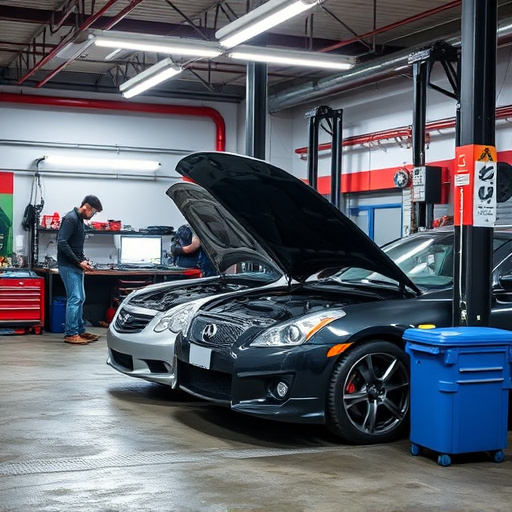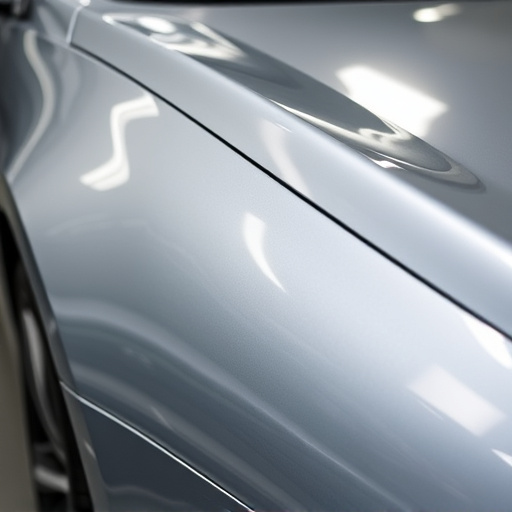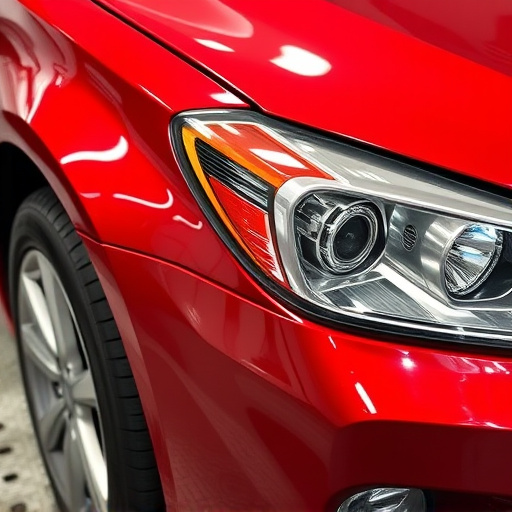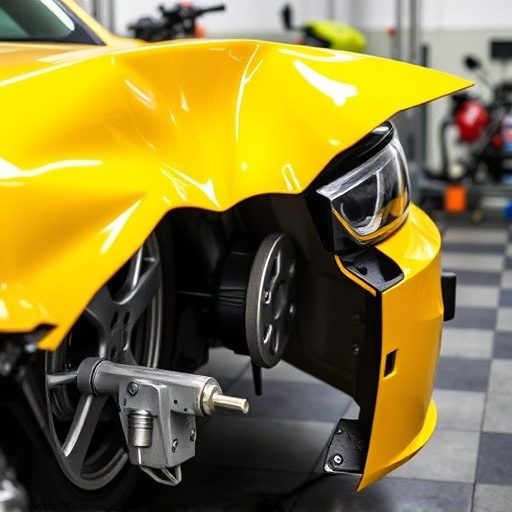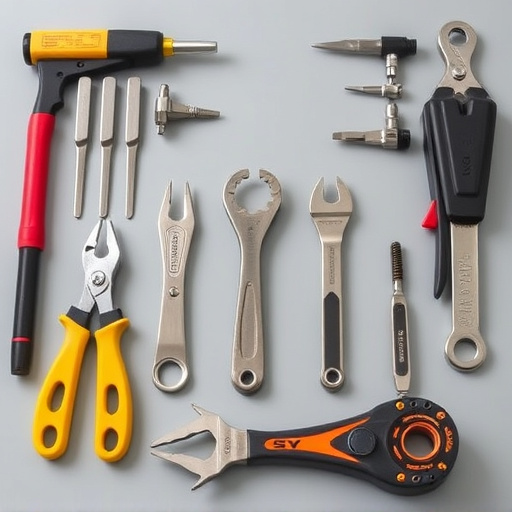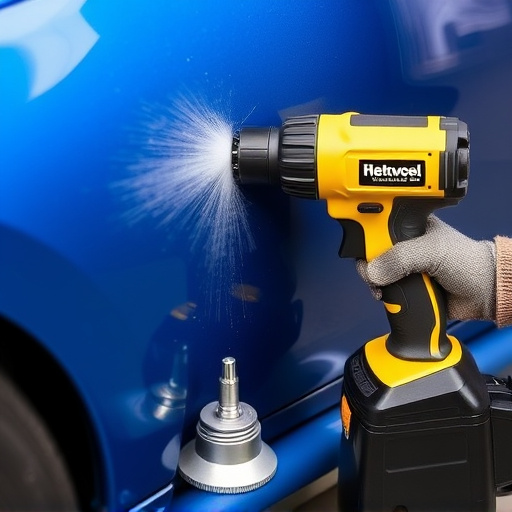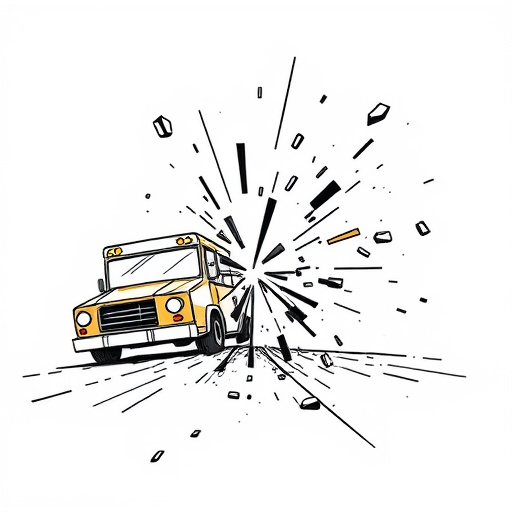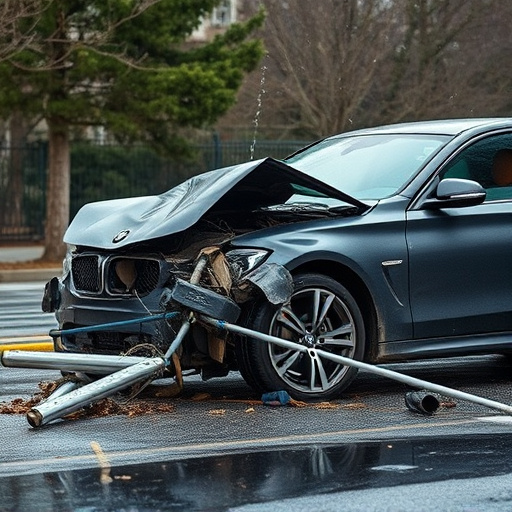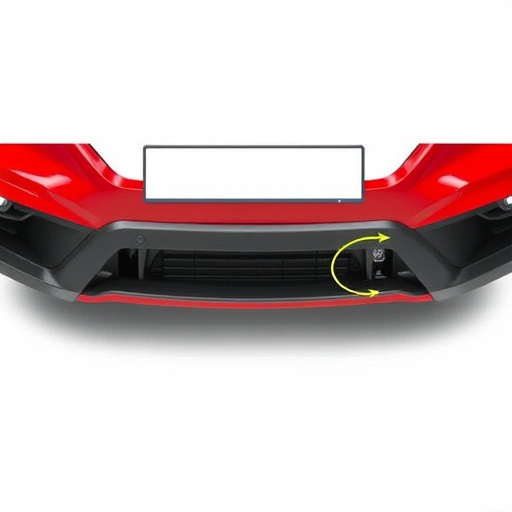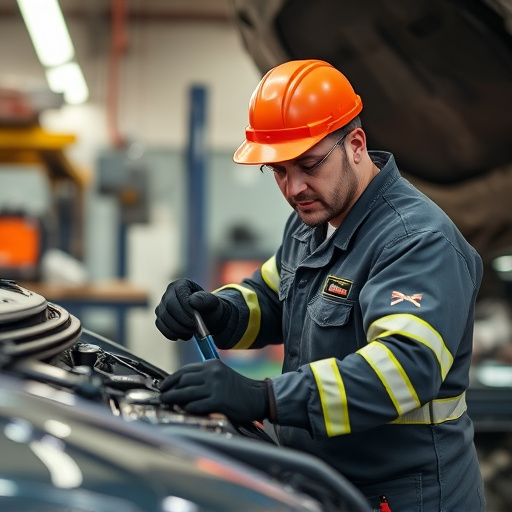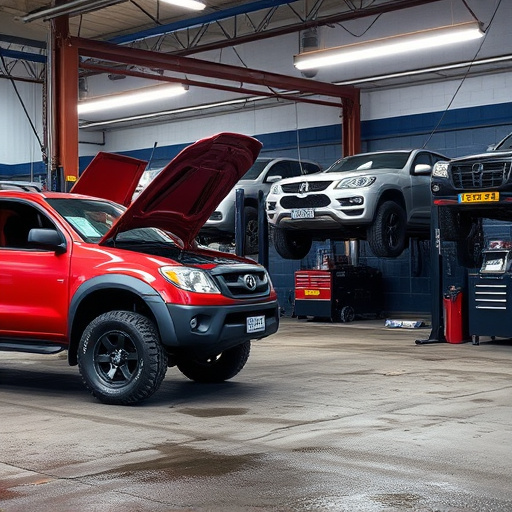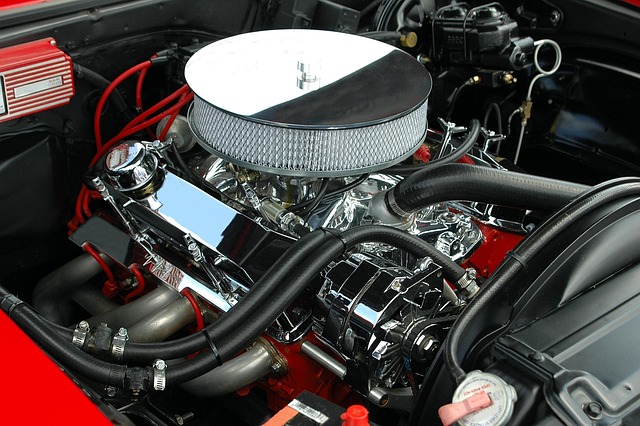Quality assured body work is crucial for automotive technicians, encompassing various repair and modification processes to ensure vehicle safety and performance. Technicians undergo structured training combining theory and practical experience in advanced workshops, covering automotive anatomy, materials science, safety protocols, panel beating, welding, painting, and tire services. Strigent certification ensures expertise in tasks like car scratch repair and dent removal, delivering exceptional service for vehicle restoration needs.
In the automotive industry, ensuring precise and consistent body work is paramount. Technicians play a crucial role in delivering top-quality repairs, which demands specialized training in Quality Assured Body Work (QABW). This article explores the comprehensive process of preparing technicians for excellence in QABW. We delve into understanding industry standards, examining advanced training methods that enhance precision, and highlighting the significance of certification, ongoing practice, and a commitment to continuous improvement.
- Understanding Quality Assured Body Work Standards
- Training Methods for Technical Proficiency and Precision
- Certification, Practice, and Continuous Improvement
Understanding Quality Assured Body Work Standards
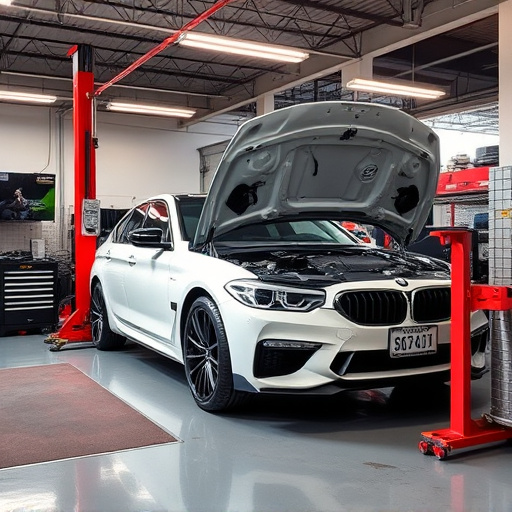
Understanding Quality Assured Body Work Standards is a cornerstone for any aspiring technician in the automotive industry. These standards are designed to ensure that repairs and modifications on vehicles meet specific criteria, guaranteeing safety and performance. In the context of car body repair, this involves meticulous attention to detail when handling structural components, ensuring precision in alignment and fitment. Technicians must be adept at using advanced tools and equipment to achieve these standards, as modern cars often feature intricate designs that require specialized knowledge and skillsets.
The concept extends beyond just fixing dents, like those from a fender bender, into the broader scope of auto repair near me services. It encompasses everything from replacing panels to restructuring frames, all while adhering to industry best practices. By upholding these quality assured body work standards, technicians contribute to the longevity and reliability of vehicles, fostering customer satisfaction and building trust in their abilities, whether it’s for car dent removal or more complex structural repairs.
Training Methods for Technical Proficiency and Precision

Technicians undergoing training for quality assured body work employ a variety of methods to achieve technical proficiency and precision. The initial stages often involve theoretical learning, where students study automotive anatomy, materials science, and safety protocols. This foundational knowledge is crucial for understanding how vehicles are constructed and how repairs impact their structural integrity.
Practical training follows, with hands-on experience in workshops equipped with state-of-the-art tools and simulators. Here, technicians learn to perform tasks like panel beating, welding, painting, and tire services with meticulous attention to detail. They practice on damaged vehicles from collision repair shops, honing their skills in vehicle dent repair while adhering to quality standards. This dual approach ensures that by the time technicians enter the workforce, they are well-rounded, capable of handling complex repairs, and committed to delivering top-tier quality assured body work.
Certification, Practice, and Continuous Improvement
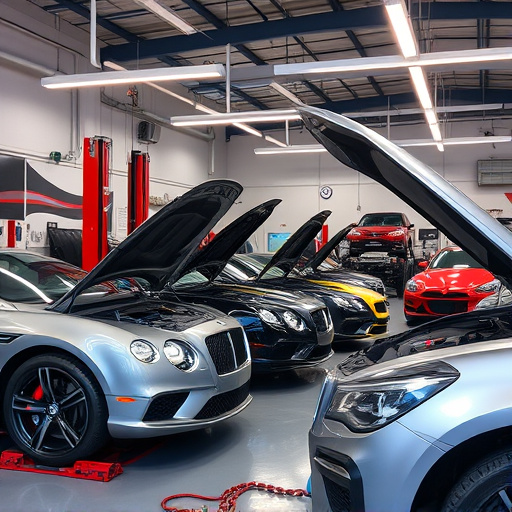
In the pursuit of delivering top-tier quality assured body work, technicians undergo rigorous certification processes that validate their expertise and proficiency in various automotive repair and restoration tasks, including intricate car scratch repair and dent removal techniques. This certification is a cornerstone of ensuring customers receive services of the highest standard, backed by specialized training in advanced equipment usage and industry best practices.
Continuous improvement is another vital aspect of technician training for quality assured body work. Regular workshops, seminars, and hands-on practice sessions equip technicians with updated knowledge and skills in emerging technologies and methods, such as innovative car restoration techniques. This dynamic approach to learning ensures that technicians stay at the forefront of their craft, consistently delivering exceptional results across diverse services like dent removal and car scratch repair.
Technicians play a pivotal role in ensuring quality assured body work through rigorous training that combines theoretical knowledge with practical application. By mastering various training methods and continuously striving for improvement, they uphold industry standards and deliver exceptional results. This commitment to excellence is integral to the success of any automotive service, making certification, ongoing practice, and continuous learning indispensable components of their professional development. Quality assured body work ultimately benefits consumers by guaranteeing reliable and safe vehicle repairs.
